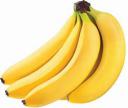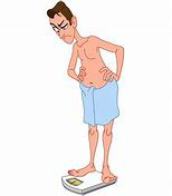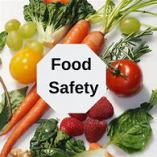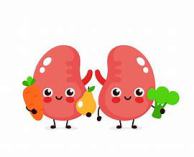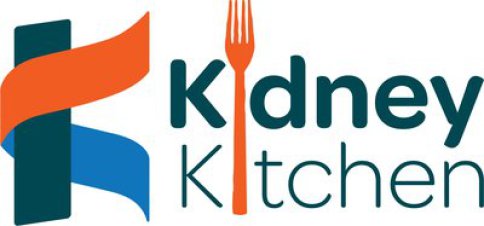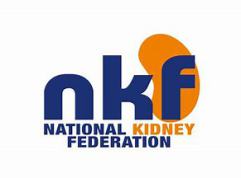FOOD AND DIET
Eating a healthy, balanced diet can play a large part in managing kidney disease. As your kidney function changes you may need to make adjustments to what you eat and drink.
There are specialist dietitians at the kidney unit in Sheffield and you may be referred for an appointment at certain stages in your kidney journey so that you can receive personalised advice.
The dietitians have produced a series of leaflets giving guidance on different aspects of managing your diet. If you have any particular concerns please ask the doctor in the clinic to refer you to a renal dietitian.
Here are links to the various leaflets:
Dietary advice for people with kidney disease
This gives general advice and is useful for people newly diagnosed with kidney disease.
First line advice for reducing potassium in your diet
If you are advised to limit the amount of potassium in your diet, this leaflet will give you some useful guidance.
First line advice for reducing phosphate in your diet
Having a lot of phosphate in the blood can cause problerms for some kidney patients. If you are advised to control your phosphate levels this leaflet gives you some useful tips.
First line advice for reducing salt in your diet
Adults are advised to eat no more than 6 grams of salt per day, and this is especially important if you have kidney disease. A lot of the foods we buy contain salt, so it is important to know how to monitor your intake. This leaflet is a good guide to help you reduce salt in your diet.
First line advice to increase you food intake
If you have a small appetite it is important to choose the correct foods to eat. This leaflet should help you to make sure you get enough nourishment.
First line advice for reducing fluid in your diet
Your doctor, nurse or dietitian will advise you on how much fluid you should have each day. Some patients need to restrict the amount, and this can vary over time depending upon the stage of your kidney disease. This leaflet will help you to understand about fluids in the diet.
Healthy eating with your kidney transplant
Following a kidney transplant it is important to keep as fit and well as possible. This includes eating a healthy diet. Your blood results will indicate whether you need to make any changes to your diet. This leaflet gives good general advice, but if you have any particular concerns you should discuss them with your doctor or dietitian.
Food safety advice following your kidney transplant
Food safety is very important for transplant patients. You will be taking immunosuppressants, and when your natural immune system is weakened you are at higher risk from infections. This leaflet tells you how to avoid food contamination, and which high risk foods you should not eat.
Dietary information for people with Polycystic Kidney Disease
Making the right choices in your diet can help protect your kidneys and slow down the progression of the disease. This leaflet gives general advice, but your needs may change as the disease progresses. Your doctor will advise you and refer you to a dietitian if and when necessary.


